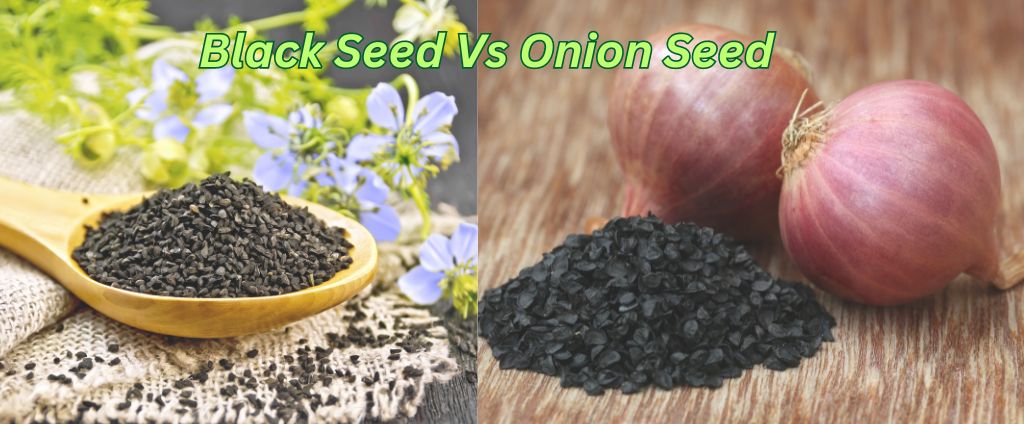The culinary world is rich with a variety of spices, each adding its unique flavor and essence to dishes. Among these, nigella seeds and what are commonly referred to as black onion seeds, often cause confusion. This article aims to demystify these two spices, highlighting their differences and similarities.
Nigella Seeds
Nigella seeds are tiny, matte-black grains with a rough surface and an ovoid shape. They come from the flowering plant Nigella sativa, native to South and Southwest Asia. Despite their name, they are not related to the common onion; instead, they are sometimes called black cumin or kalonji. These seeds have a complex flavor with hints of onion, black pepper, and oregano.
Black Onion Seeds
Onion seeds come from the onion plant, Allium cepa, and are black in color but have a glossy, triangular shape. The flavor of onion seeds is akin to that of onions, and they are primarily used for growing new onion plants rather than as a culinary spice.
The term “black onion seeds” is commonly used to refer to nigella seeds, but this is incorrect. Nigella seeds and onion seeds come from different plants and possess distinct characteristics and culinary uses. Nigella seeds are used as a spice, while true onion seeds are not typically used in cooking.
Nigella seeds differ from sesame seeds, which they are sometimes mistaken for, in both appearance and taste. They are smaller and more irregular in shape, and their flavor is pungent and slightly bitter, contrasting with the sweet, aromatic profile of true onion seeds.
Conclusion
Understanding the distinction between nigella seeds and the misnamed black onion seeds is crucial for culinary precision. Recognizing their unique characteristics allows chefs and home cooks alike to use them appropriately, ensuring the authenticity and intended flavor of their dishes.

